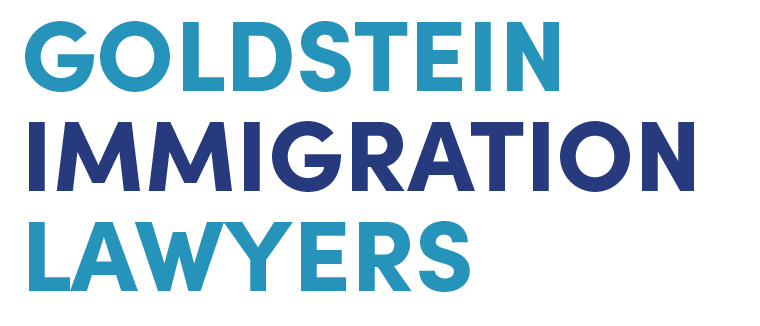How the Law Determines Extreme Hardship
Under the U.S. Code of Regulations, section 1240.58 defines extreme hardship as situations resulting from forced removal and deportation that are over and above the typical ramifications an immigrant would be likely to experience. Factors that are considered by the court in determining whether a person should be exempt for removal from the U.S. due to extreme hardship include the following:
- The age of the person facing deportation, both currently and at the time of their arrival in the U.S.;
- The age, number, and immigration status of the children of the person being deported;
- The ability of these children to speak their native language or to adapt to their native culture;
- Any health conditions suffered by someone pending deportation, and their ability to get medical care and treatment in their home country;
- The ability of the person here illegally to obtain employment in the country where they would be returned;
- The financial impact of the deportation;
- The impact resulting from the disruption of school and educational opportunities;
- The psychological impact of the deportation;
- The current political and economic situations in the person’s home country;
- The degree of integration with American society and the person’s contributions to their community in the U.S.;
- The availability of any legal means for establishing entry in the U.S.
In addition to the above, those who have fled to the U.S. from situations in their home country in which they suffered physical abuse may be considered for extreme hardship if the required services they need for treatment and therapy are unavailable in another country, if they would be denied to legal assistance in terms of protection and bringing their accuser to justice, and if their home country could offer no assurances in terms of being able to defend them from the abuser.
How Our Immigration Lawyers Can Help in Cases of Extreme Hardship
If you or someone you care about meets at least some of the qualifications necessary to establish that denying their presence in the U.S. would constitute an extreme hardship, our immigration lawyers may be able to help. There are two types of waivers that are used either to prevent deportation prior to gaining citizenship or to gain entrance to this country for a person who would otherwise be denied:
I-601, Application for Waiver of Grounds of Inadmissibility
This waiver may be used if you are determined to be inadmissible for entry to the U.S. or have been denied a change in status or application.
I-601A, Application for Provisional Unlawful Presence Waiver
This waiver may be used by relatives of illegal immigrants required to leave the country to appear at a U.S. Embassy or consulate for an immigrant visa interview.
In addition to paying the filing fees for the above required applications, you would need to provide personal information about yourself and any family members currently living within the United States, as well as providing documentation showing you qualify under extreme hardship guidelines.
Discuss Extreme Hardship Immigration in Los Angeles With an Attorney
If you or someone you care about is being denied access or facing deportation prior to gaining legal entrance to the U.S., contact Goldstein Immigration Lawyers today. Our attorneys in Los Angeles provide the aggressive legal representation you need to protect your rights and interests and can advise you on all of your available options. We have the legal knowledge and experience to help establish cases involving extreme hardship and can ensure your application to the USCIS is filed correctly, ensuring your best chance for success. When your family’s health and welfare are on the line, please answer a few questions and see if you qualify for a free case evaluation.
